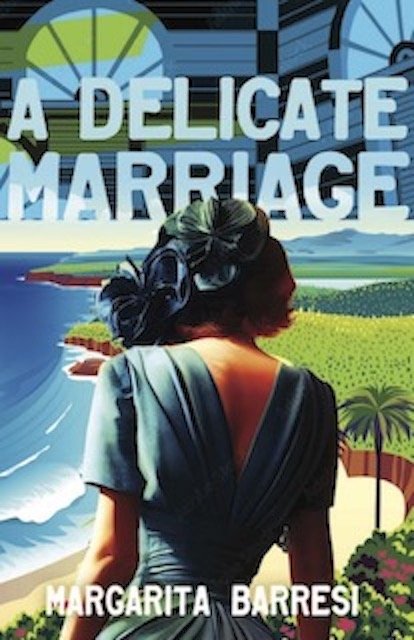Raise Crows…
Photo by JJ Shev on Unsplash
Many cultures have popular refrains like “The early bird gets the worm” or “Curiosity killed the cat.” But Puerto Ricans excel in this oral tradition. Our dichos are clever and often humorous words of warning, wisdom, praise, or ridicule, and my grandmother was an expert at spouting the appropriate one for any situation.
Abuela’s favorite, saved for moments of extreme disappointment in me, was “Cria cuervos y te sacarán los ojos.” This translates to a graphic, “Raise crows and they’ll peck your eyes out.” Yeah, Abuela did not mince words—no tenía pelos en la lengua. Another of her favorites, saved for when I annoyed her, was “Los niños hablan cuanda las gallinas mean.” I was to speak only when chickens peed. Apparently, chickens don’t urinate.
As I researched dichos for my novel, because I wanted at least one character to be dicho-centric, I realized that my mother was as proficient as my grandmother and that even I have voiced dichos from time to time. What Puerto Rican kid hasn’t said, “El que se va pa Aguadilla, pierde su silla” or “Hay moros en la costa?”
We have hundreds, maybe thousands, of these sayings. Some are cross-cultural, like “To each his own” (“Cada loco con su tema”), while others are specific to our culture and slang. Among my favorites:
• Están brillando hebilla. (Dancing so close, the belt buckle is getting a polish.)
• El que no tiene dinga, tiene mandinga. (Everyone is dealing with something.)
• Ese habla por un tubo y siete llaves. (Someone who talks a lot)
• ¿Quién te dio vela en este entierro? (Mind your own business.)
• Te conosco bacalao, aunque vengas disfraza’o. (You can’t fool me.)
• Eso es un tostón. (Something hard to bear)
• Va como la puerca de Juan Bobo. (Someone who’s too accessorized or over-dressed)
• No se pierde ni un bautismo de muñecas. (Someone who doesn’t miss a party)
• Se le pegó el vellón. (Someone who won’t stop talking, like a stuck jukebox)
We have enough dichos to fill the 336-page book called “De boca en boca” (“From Mouth to Mouth”) by Pablo Rodríguez Rosado. I spent hours flipping through Rosado’s book while researching my novel and smiling fondly at the dichos of my youth. I mean, didn’t your aunt tell you to go “freír esparragos” (fry asparagus) when she wanted to be left alone?

